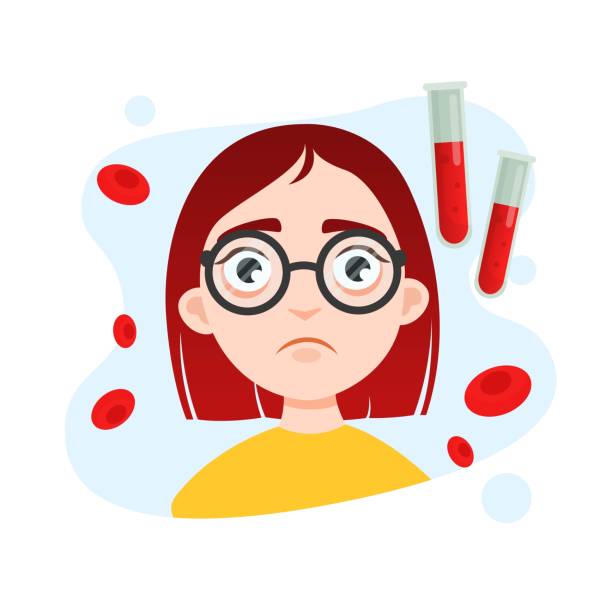- About 20% of women and 50% of pregnant women are low in iron
- “When it comes to life, iron is more precious than gold.”
Prevention and treatment
- Iron deficiency is very common in women due to repeated heavier periods or irregular bleeding and lower iron intake.
- Also, when pregnant and when breast feeding, your baby uses your stored iron.
- During childbirth, there can also be a lot of bleeding and iron loss.
How do you prevent low iron?
Stop heavier periods or irregular bleeding:
- You cannot fill a bathtub if the drain is not plugged. Similarly, you cannot expect your iron levels to rise and stay up, if you keep on losing blood, which has iron, every few weeks when you have heavier periods.
- Iron replacement is important, but it makes no sense to use iron without also treating the heavier periods!
Step 1: Take extra iron pills and increase iron intake in food. (see our Blog: Is your Iron low? Iron replacement options)
Step 2: If your periods are heavy, or if they occur very often or if there is irregular bleeding: have this treated. Please see a Gynecologist to diagnose why you are having heavy periods: there may be polyps or fibroids that need to be removed, or you may need a small ablation procedure.
- Hormones like the birth control pill, or a progesterone IUD can help.
- The most commonly used non hormonal treatment for heavy periods, that is only used on the days of your periods, is tranexamic acid (It is not a hormone and has no hormone or mood or libido side effects)
- If you are pregnant or breast feeding, always take extra iron and test your ferritin: ferritin level should be over 30. If it is under 10, you are in trouble and you should ask for IV iron. Your baby needs it.
It takes many months to increase your iron stores because we do not absorb iron from pills or food very well. So keep on using iron until your ferritin and hemoglobin are consistently normal. (Ferritin should be above 30, not 10!)
Iron replacement:
Food:
- Make sure you are eating iron rich foods:
1: Heme iron foods: The best absorbed iron by your body: (from 15-30% is absorbed – called “Bioavailability”)
Foods that have hemoglobin or blood: Heme iron foods: Red meat, chicken, chicken livers (yummy when cooked with onions and smooshed into a paste: liver pate!) beef livers: also better when cooked with onions and lots of herbs etc), Mussels, oysters and fish
2: Iron in foods from plants: Non heme sources. These are less well absorbed and only a small amount of the iron you eat is actually absorbed into your blood (from 2-20% is absorbed)
Iron in plant foods such as:
- Legumes such as lentils, beans, peas, Tofu, chickpeas and spinach.
- Raw seeds and nuts such as: pumpkin seeds, raw sesame seeds, sunflower seeds, pecans, walnuts, almonds, cashews , chick peas
- Dark leafy greens: kale, spinach,
- Vegetables such as broccoli, split peas, string beans, Brussel sprouts, cabbage
- Dried fruits: raisins, apricots, figs, dates, prunes
- Iron fortified cereals and grains such as breakfast cereals and fortified breads.
Iron Replacement: Pills or IV iron
Iron pills: (see our Blog: Is your Iron low? Iron replacement options)
- There are so many iron pills, each has a different amount of “elemental” iron. (That is the real amount of iron in each pill, in small print under ingredients)
- There are heme iron pills made from beef or non-heme pills from plant based products/crystals.
- Sometimes you can have side effects from iron such as stomach pains, nausea, cramping and constipation.
I recommend:
- Taking iron with Vit C: 250 to 500mg to help iron absorption.
- Do not take iron together with Calcium or dairy products: this blocks iron absorption in the small intestine.
- Use an iron pill that has sufficient iron. From experience, everyone absorbs iron differently, so find a product that works for you. (test this with ferritin blood tests every few months at the beginning)
- There is some evidence that taking iron every second day may be helpful (prevents hepcidin from blocking iron absorption)
- Slow down or stop iron when your ferritin is normal, to prevent bad iron overdose effects.
IV iron:
- Monoferric IV, the newer and safer version of IV iron.
- IV iron is the best way to treat significant iron deficiency.
- IV iron is recommended if
- Ferritin is low in pregnancy.
- Ferritin is low when breastfeeding.
- You have significant iron deficiency anemia.

